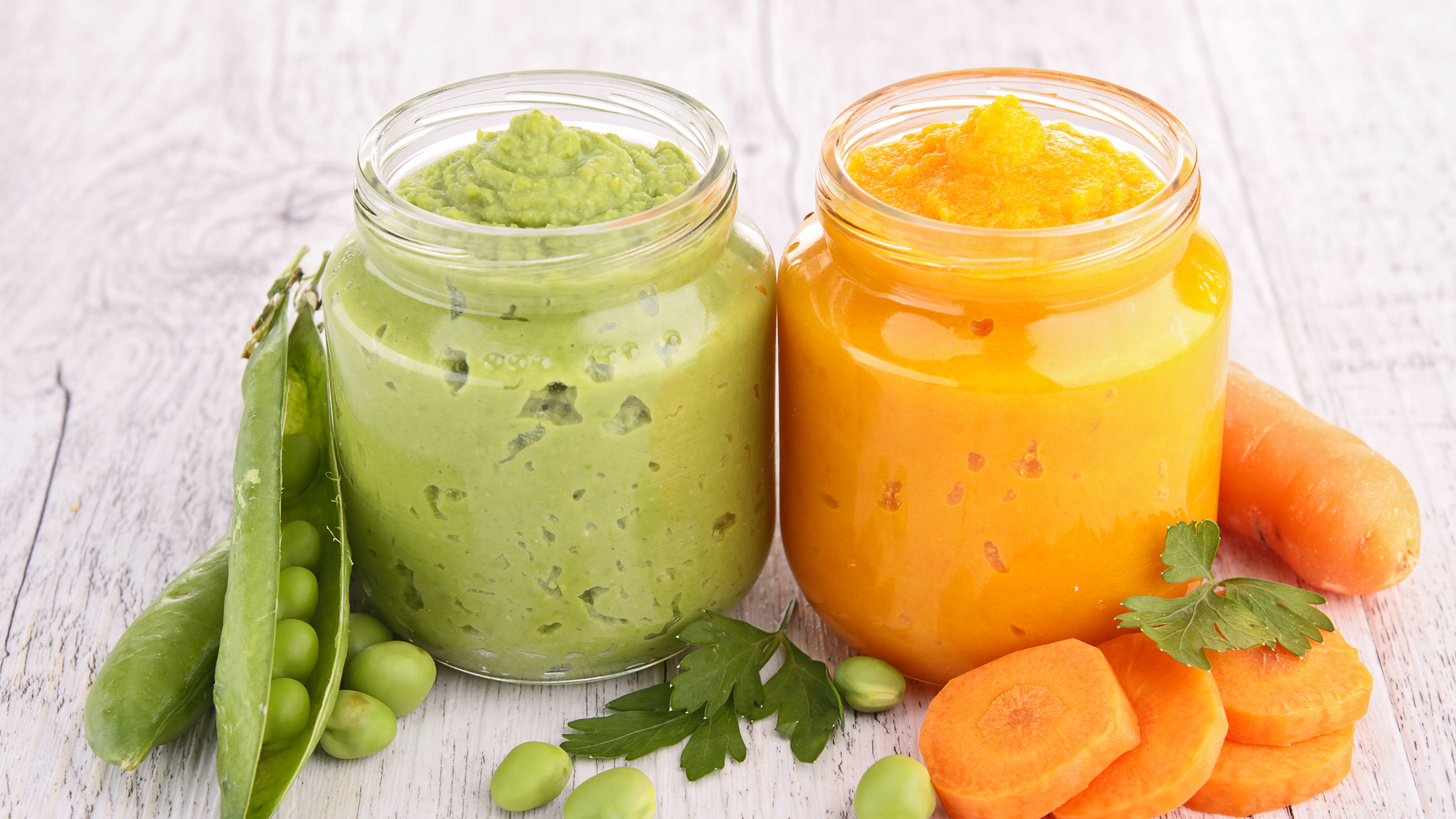
Commercial infant ingredients comprise an excessive amount of sugar – even if they’re labeled as savory meals, says the World Health Organization, which is seeking a ban on introduced sugars in foods for youngsters below 36 months vintage. WHO Europe is asking for a crackdown at the high tiers of sugar within the diet of toddlers consumed commercially to be had meals, caution that their first enamel might also go through and they are vulnerable to growing a preference for sweet foods, which may additionally lead to overweight and weight problems-associated sickness in adulthood.
It additionally says sugar-encumbered child meals are being inappropriately marketed for toddlers below the age of six months, even though the WHO recommends one-of-a-kind breastfeeding up to that age. An analysis from WHO Europe of what becomes on the market within the UK, Denmark, and Spain in 2016-17 showed that commercially to be had infant meals typically complied with steerage on salt, protein, fats, and carbohydrate; however, many products have been high in sugar.
Sugars accounted for 70% of the meal’s energy in fruit purees, but the purees were also delivered to savory meals. “Many savory type meals offered inside the United Kingdom and Denmark derived over 15% strength from general sugars, with fruit purée providing a whole lot of the sugar content material even in ostensibly savory products,” said the WHO record. These may be taken into consideration unfastened sugars, just as they’re in fruit juice, and if eaten frequently, “may additionally pose a threat to the very young as first enamel erupt.” The sweetness might also influence the kid’s food alternatives as they grow up, stated the report.

The record, described as a discussion paper, units out WHO Europe’s tips for a “nutrient profile version” for child foods. The WHO says all added sugars, consisting of fruit juice, pay attention, have to be banned from all commercial baby ingredients. No foods should incorporate greater than 5% of pureed fruit by overall weight, mainly in savory meals. Dry, savoury snack ingredients, including biscuits, ought to now not have more than 15% of calories furnished via sugar.
Fruit drinks and juices, sweetened cows’ milk and milk alternatives, confectionery, and candy snacks should not be advertised as suitable for infants and younger kids up to 36 months. The WHO says the labeling of sugar in child meals desires development. Many child ingredients within the UK have misleading labels, it says. Cow & Gate’s butternut squash, chook, and pasta for babies from seven months do not name the largest vegetable thing, whilst fowl is the handiest 9.Five%. It suggests it should be renamed “Tomato pasta with butternut squash and chicken.” Heinz strawberry, raspberry, and banana puree sold for toddlers for four months no longer have the principal factor in the call. It must be referred to as concentrated apple puree (seventy-nine %) with banana (eight%) and raspberry (5%), it suggests.
The lead author, Dr. João Breda, head of the WHO European office for prevention and management of noncommunicable illnesses, stated they were very involved with approximately the excessive sugar levels in baby ingredients and the labeling of products. “In that commercial merchandise, we discovered a totally huge amount had introduced sugar,” he said. “There is manner too much sugar. Added sugar in lots of merchandise has to be removed, in our view. The overall quantity of sugar is also too excessive in many products. And we have problems with advertising and marketing. A lot of products are marketed as suitable at 4 months and beneath six months, totally towards the WHO recommendations.”
Although toddlers just like the sweetness of breast milk, it turned into important to let them explore specific tastes after six months, he said. “We are talking approximately diversification of the food plan at six months. It is without a doubt vital you’ve got merchandise that isn’t the most effective sweet product. If babies are uncovered to specific tastes from the beginning, they may be more inclined to try other things.” He said there was already a circulate to reformulate these merchandise within the meals enterprise, which he hoped governments might encourage.
A 2nd file unearths tremendous besides the perchandising of industrial infant foods in 4 international locations – Austria, Bulgaria, Hungary and Israel, all of twhichare inside the WHO’s Europe place – despite the fact that steerage on the claims that may be made as agreed in 2016. Across all four nations, 28% to 60% of infant meals have been marketed as suitable for underneath six months, in violation of the WHO’s code. The corporation recommends one-of-a-kind breastfeeding for up to 6 months. Between a 3rd and three-quarters of products made fitness claims, which are also no longer allowed under the recommendations, and sixteen% to fifty-three % had cool animated film characters at the labeling, which isn’t advocated because it encourages “pester power” in children. Sweet flavors predominated in the goods.







